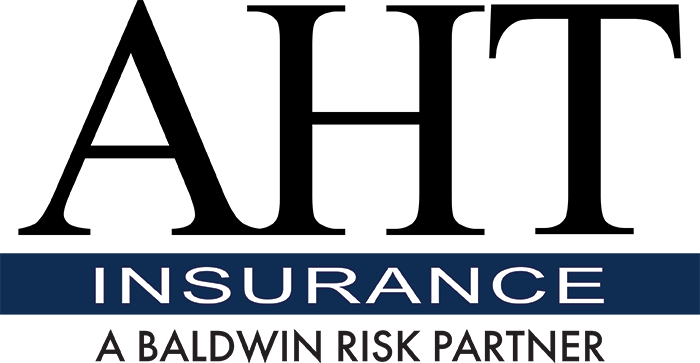
Could Your Insurance Cover the Latest Disability Claims?
Brought to you by AHT Insurance

 Although Americans with Disabilities Act (ADA) claims have been in existence for several years, I have seen a dramatic increase in the frequency of demand letters against community and regional banks during the past couple of weeks. The typical demand letter states that the bank’s website is out of compliance with the ADA, as the site does not provide equal accessibility for visually impaired individuals who attempt to access the website. Often the letter will cite the Web Accessibility Initiative of the World Wide Web Consortium, referencing how many of the web pages fail to meet the Web Content Accessibility Guidelines.
Although Americans with Disabilities Act (ADA) claims have been in existence for several years, I have seen a dramatic increase in the frequency of demand letters against community and regional banks during the past couple of weeks. The typical demand letter states that the bank’s website is out of compliance with the ADA, as the site does not provide equal accessibility for visually impaired individuals who attempt to access the website. Often the letter will cite the Web Accessibility Initiative of the World Wide Web Consortium, referencing how many of the web pages fail to meet the Web Content Accessibility Guidelines.
Possible Insurance Response
Based on the allegations, the first places we would look for insurance coverage would be the cyber liability policy, as this is based on the bank’s website, or the employment practices liability insurance (EPLI) policy. And those are exactly the two coverages where we are seeing possible solutions, but that will be contingent on the insurance carrier’s approach and the language that may have been negotiated.
With regards to cyber liability, most policies will only be triggered after a breach of network security and/or the loss or theft of non-tangible property, specifically, personally identifiable information. In the case of these ADA infractions, neither of these triggers have been met. Additionally, many cyber policies will include a specific discrimination exclusion. With that said, several carriers have cyber policies with no such exclusion and have a very inclusive or broad language within the definition of Wrongful Electronic Banking Act or even the basic Cyber Liability Insuring Agreement.
With regards to the possibility of coverage within the EPLI placement, we compare this scenario with a similar scenario where a claimant demands that a handicapped ramp be built at a branch location. Both reference violations of ADA claiming an individual with a disability cannot access the bank’s services. Just as is the case in the building of the ramp scenario, there are several language obstacles that need to be overcome in the consideration of coverage:
- The definition of claim defines when claim coverage can begin. Your definition of claim should include non-monetary damages, just as it does for monetary damages. This will allow for coverage to be considered even if all that is requested is to fix the website.
- The bank should possess third-party discrimination coverage, which means that the bank is protected if a third-party, not an employee of the bank, is the claimant. Note that several versions of the third-party EPLI coverage extensions include only harassment exposures. Since these allegations relate to the scenario where a third party to the bank is alleging discrimination, it is critical that this extension includes discrimination as well as harassment.
One last comment relating to the possibility of claims coverage is that most insurance policies include some form of the following in the definition of loss:
… Loss shall not include costs to comply with any non-monetary or injunctive relief…
This means that while there could be coverage for defense costs and legal fees associated with defending the bank, as well as any actual financial settlement amounts, there will most likely not be any coverage for actually fixing the web site. Just as there was not insurance available to build the accessible ramp, fixing the web site would be a cost of doing business and typically is not insurable.
Steps You Can Take
If your institution wants to be proactive, the Department of Justice offers resources advising local governments on making web sites accessible. We also recommend the input of counsel prior to responding to any demand letters. Lastly, when considering if or how to respond to such a letter, I would like to reinforce an American Bankers Association report on the matter: “…unlike many other compliance obligations, there is much to be gained from making the world more accessible to the disabled. Not only is it the right thing to do, it is also potentially good for business as it expands the market for bank products and services to the broadest range of customers.”


